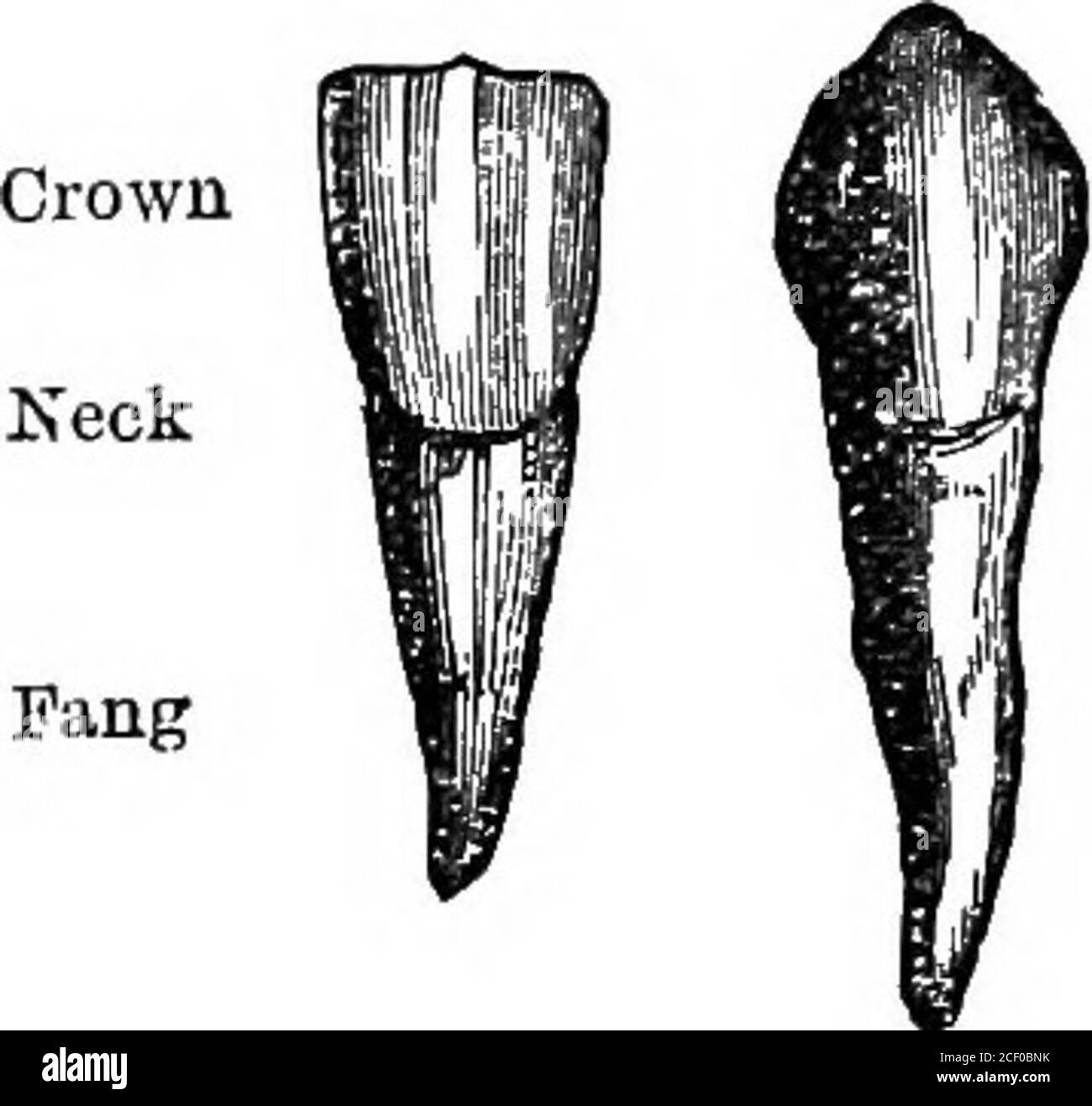Apply Now
Effective Ways to Explore Options for Medical Weight Loss in 2025
In recent years, the quest for effective medical weight loss options has become increasingly significant, especially as obesity rates continue to rise globally. In 2025, with advancements in healthcare technology and a greater understanding of obesity treatment options, individuals seeking weight loss have more resources than ever before. Emphasizing physician supervision and tailored interventions, today’s weight management strategies are promising. This article explores various medical weight loss options available, including tailored programs, medications, and innovative clinical approaches designed to support patients in their journey toward sustainable weight reduction.
Understanding the benefits of engaging in structured weight loss programs can lead to improved health outcomes and enhanced quality of life. Not only do these programs often include prescriptions for weight loss medications and personalized health assessments, but they also provide holistic care through nutritional counseling, psychological support, and support groups. Through evidence-based weight loss methods and metabolically informed approaches, patients can find an effective pathway toward achieving and maintaining a healthy weight.
In this article, we will review several key areas related to medical weight loss options, from understanding prescription weight loss medications to examining integrative weight loss therapies, how to navigate bariatric programs, and the importance of support networks in the weight loss process.
Comprehensive Overview of Medical Weight Loss Options
Before delving into specific programs, it’s essential to clarify what constitutes medical weight loss. This term encompasses various interventions that are typically supervised by healthcare professionals. These innovations include structured diets, behavioral therapies, medical weight loss assessments, and prescriptions for weight management medications.
Understanding Weight Loss Programs
Weight loss programs that are medically supervised are often the first line of action for those struggling with obesity. These programs typically include a combination of dietary modifications, physical activity, behavioral therapy, and sometimes medication. Each program can be personalized to fit the individual’s needs, which increases the likelihood of patient weight loss success.
One of the predominant features of these programs is their focus on clinical evaluations for weight loss, ensuring that each participant receives assessments tailored to their unique metabolic profiles. For instance, many programs extend nutritional counseling for weight loss, teaching participants how to adjust their eating patterns effectively for long-term success.
Additionally, weight loss clinics often implement structured meal planning, ensuring participants know what to eat for optimal results. On top of dietary adjustments, these clinics typically promote regular physical activity, incorporating supervised exercise programs to bolster weight reduction interventions.
Prescription Medications for Weight Loss
When lifestyle changes alone aren’t sufficient, healthcare providers may prescribe weight loss medications. These options encompass appetite suppressants and other medications aimed at enhancing metabolic processes or altering cravings related to food.
For instance, recent advancements have led to the development of more effective weight loss prescriptions that play a crucial role in obesity treatment options. It’s important for patients to work closely with their healthcare provider to determine which medication for weight loss is the most appropriate based on their individual health profile and weight goals. While these medications can accelerate weight loss, they are most effective when combined with a comprehensive health and wellness program. Consequently, individualized care through an integrative approach, including personal health assessments and lifestyle modifications, is vital to achieving sustainable results.
While these medications can accelerate weight loss, they are most effective when combined with a comprehensive health and wellness program. Consequently, individualized care through an integrative approach, including personal health assessments and lifestyle modifications, is vital to achieving sustainable results.
Behavioral and Nutritional Counseling for Weight Management
As the comprehensive landscape of medical weight loss evolves, behavioral therapy and nutritional counseling have proven foundational in long-term weight management strategies. A multi-disciplinary weight loss team often engages in addressing the psychological components of obesity through behavioral weight loss approaches.
Behavior Modification Techniques
Behavior modification is integral to overcoming the psychological barriers many face in their weight loss journeys. Evidence-based practices that focus on behavior change for weight loss encompass strategies designed to help individuals recognize triggers for overeating or unhealthy eating habits.
Weight loss coaching can provide the necessary accountability and therapeutic weight loss options needed to navigate these challenges successfully. Engaging with these techniques can foster a supportive environment, promoting perseverance and resilience throughout one’s weight loss journey. Healthcare professionals often recommend attendance at support networks for weight loss to further enhance motivation, allowing individuals to share experiences and celebrate successes together. These groups also mitigate feelings of isolation, making the weight loss process far less daunting.
Healthcare professionals often recommend attendance at support networks for weight loss to further enhance motivation, allowing individuals to share experiences and celebrate successes together. These groups also mitigate feelings of isolation, making the weight loss process far less daunting.
Nutritional Counseling Approaches
Nutrition is a cornerstone of any effective medical weight loss strategy. Medical nutrition therapy can be tailored to address one’s unique dietary needs, incorporating structured diet programs focusing on sufficient caloric intake while ensuring essential nutrients are not compromised.
Consultations with nutritionists can help build personalized dietary habits for weight loss, emphasizing practical adjustments and meal replacement options that make eating healthy accessible and sustainable. By focusing on education and tailored dietary approaches, individuals can learn the importance of making informed food choices, ultimately leading to effective and long-term weight loss.
Exploring Innovative Weight Loss Interventions
In 2025, innovative approaches to medical weight loss are becoming increasingly available, with a focus on technology-enhanced interventions and holistic approaches to treating obesity.
Technologically Assisted Weight Loss Strategies
The rise of digital health systems has revolutionized how patients can monitor their weight and health progress. Weight management apps and virtual weight loss programs allow individuals to track their dietary habits, exercise routines, and emotional wellbeing, creating a comprehensive assessment of their weight loss journey.
Many of these platforms include weight monitoring systems or wellness-focused weight management features that enable users to view their progress visually while providing prompts for accountability. Individuals can also partake in online weight loss resources to educate themselves on the best practices for effective weight loss.
Holistic Approaches to Weight Management
Holistic approaches emphasize addressing not only physical health but emotional and psychological wellbeing as well. Integrative weight loss therapy may combine traditional medical treatments with alternative therapies to facilitate a more profound transformation in one’s lifestyle.
By engaging in community health initiatives for weight loss, patients are often able to explore comprehensive weight loss solutions, liaising with healthcare professionals who specialize in obesity treatment. This can ultimately lead to shared experiences and professional guidance for long-term maintenance of weight loss.
The Role of Personalized Plans in Weight Loss Success
One of the most critical components of medical weight loss is the creation of personalized weight loss plans. This targeting ensures that individuals receive care tailored to their specific health profiles and weight reduction goals.
Customized Weight Loss Approaches
Personalized metabolic plans and weight management are pivotal in crafting individualized weight loss approaches. By utilizing thorough medical evaluations for weight failure, healthcare providers can design treatment strategies that resonate with their patients' unique metabolic and lifestyle challenges.
These assessments look into past dietary habits, exercise routines, and motivational factors, guiding correlations to obesity and successful weight loss outcomes.
Coaching and Support Networks
Alongside medical supervision, accessing effective support systems for weight loss enhances the sustainability of treatment outcomes. Establishing accountability partners for weight loss and participating in group weight loss programs fosters a strong sense of community. Patients can thus experience shared motivation through successes and setbacks alike, providing reassurance and encouragement throughout their weight management journey.
Through these tailored approaches, individuals exploring medical weight loss options in 2025 are set to discover methods that promote not only immediate results but lasting lifestyle adjustments as well.
Frequently Asked Questions (Q&A) about Medical Weight Loss Options
What are the benefits of medical weight loss programs?
Medical weight loss programs provide structured support tailored to individuals, enhancing their chances of sustainable success. Integrating professional guidance from healthcare providers ensures that patients receive comprehensive assessments, personalized nutritional counseling, and behavioral techniques necessary for long-term weight management.
How do prescription medications aid in weight loss?
Prescription medications work by influencing metabolism or appetite, helping individuals adhere to their weight loss journey more effectively. When combined with a structured program, these drugs can assist in achieving significant results.
What role do support groups play in weight loss?
Support groups create a sense of community and accountability, allowing participants to share experiences and stay motivated. This support is vital in overcoming challenges and maintaining progress during the weight loss journey.
How can I find the right weight loss program for me?
Finding the right program first requires medical consultation to assess your personal health needs. Following this, consider methods that resonate with your lifestyle, whether through virtual groups or in-person clinics, emphasizing elements such as nutritional counseling and behavioral support. By understanding the landscape of medical weight loss options available in 2025, individuals can take informed actions toward achieving effective and sustainable weight management. The journey toward health does not need to be faced alone—professional assistance and community support can empower anyone on this path to success.
By understanding the landscape of medical weight loss options available in 2025, individuals can take informed actions toward achieving effective and sustainable weight management. The journey toward health does not need to be faced alone—professional assistance and community support can empower anyone on this path to success.
 While these medications can accelerate weight loss, they are most effective when combined with a comprehensive health and wellness program. Consequently, individualized care through an integrative approach, including personal health assessments and lifestyle modifications, is vital to achieving sustainable results.
While these medications can accelerate weight loss, they are most effective when combined with a comprehensive health and wellness program. Consequently, individualized care through an integrative approach, including personal health assessments and lifestyle modifications, is vital to achieving sustainable results.
 Healthcare professionals often recommend attendance at support networks for weight loss to further enhance motivation, allowing individuals to share experiences and celebrate successes together. These groups also mitigate feelings of isolation, making the weight loss process far less daunting.
Healthcare professionals often recommend attendance at support networks for weight loss to further enhance motivation, allowing individuals to share experiences and celebrate successes together. These groups also mitigate feelings of isolation, making the weight loss process far less daunting.
 By understanding the landscape of medical weight loss options available in 2025, individuals can take informed actions toward achieving effective and sustainable weight management. The journey toward health does not need to be faced alone—professional assistance and community support can empower anyone on this path to success.
By understanding the landscape of medical weight loss options available in 2025, individuals can take informed actions toward achieving effective and sustainable weight management. The journey toward health does not need to be faced alone—professional assistance and community support can empower anyone on this path to success.
